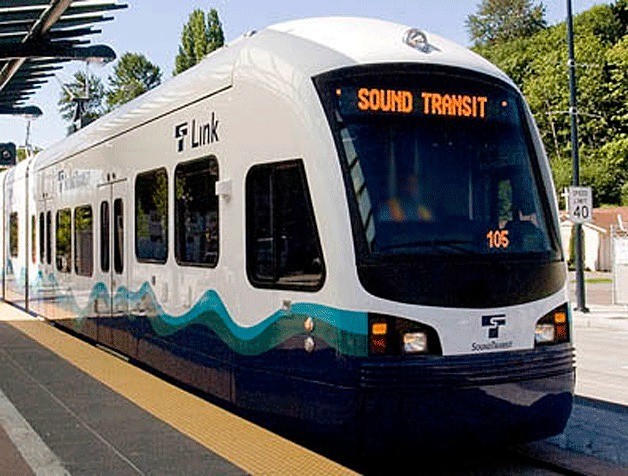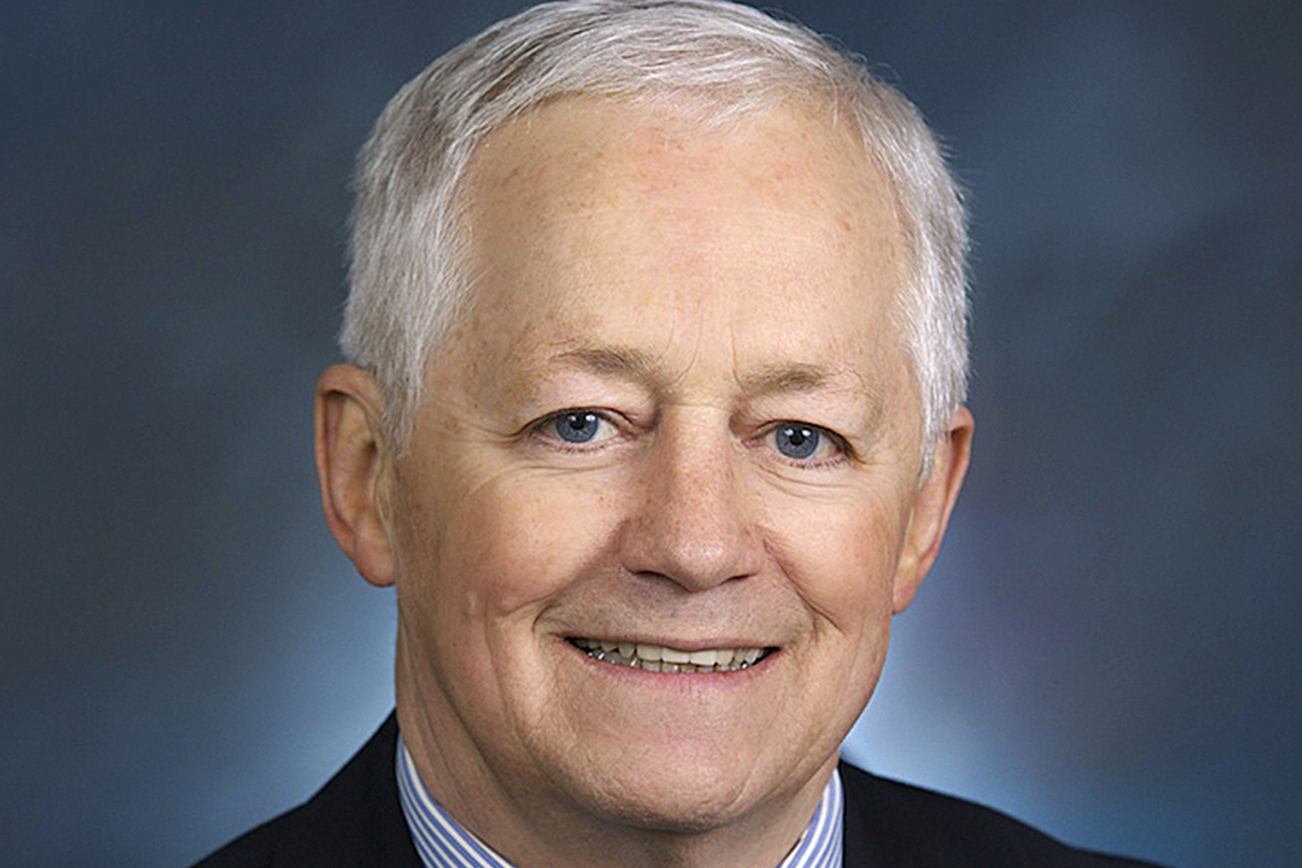With lawmakers in Olympia now weighing measures that would ease the financial pain of the voter-approved Sound Transit 3 package, supporters of the plan have a message: Don’t forget why we approved the thing in the first place.
The central complaint about the tax measure right now is the way in which Sound Transit calculates how much a car is worth, which in turn sets how much it should charge in car tab fees. Using a state formula devised in 1990, Sound Transit calculates a car’s worth that’s typically higher than the Kelly Blue Book value for cars that are less than 10 years old. Some lawmakers are demanding a change.
Shefali Ranganathan, executive director of Transportation Choices Coalition, says she understands the concerns and thinks that people should have the opportunity to voice them. But she also believes that people should remember the benefits ST3 can bring to the Puget Sound community.
“We’re only hearing stories of people who are upset with their car-tab bills,” said the executive director of the leading institution that supported the passage of the ST3 proposal last November. What’s being lost, she says, is the fact that the project had strong support in many parts of the region, and that people are benefiting from light rail already. “We’ve heard stories of how this new light rail service has changed their lives. You’re not just paying taxes for the sake of paying taxes. There’s a real public benefit.”
Fifty-four percent of voters approved ST3 last year. And Puget Sound residents are actually using public transportation more frequently. According to Sound Transit, its total ridership and the LINK light rail ridership increased by 27.5 and 83.8 percent, respectively, when comparing the last quarter of 2016 with its 2015 equivalent. This is in large part due to the new light rail stations on Capitol Hill and at Husky Stadium, completed last year.
But with the bills now hitting taxpayers, Sound Transit foes are on the attack. Steve O’Ban and Dino Rossi—from the 28th and 45th legislative districts, respectively—are questioning ST3’s constitutionality. In a letter to Attorney General Bob Ferguson sent last week, the two Republicans asked him to check whether the Sound Transit’s car-tab fees are a violation of the Washington State Constitution.
Ranganathan, who has been working for the nonprofit coalition since 2007, criticized Rossi and said his action are contradicting what the voters want.
“Dino Rossi has a long story of opposing Sound Transit,” the coalition executive director says. “Voters say they want more of these projects so I’m not understanding why we’re still having these conversations about delaying the projects.”
The ST3 proposal showed that the car-tab taxes could be higher from the get-go and Sound Transit made a calculator available online as well, she pointed out.
Ranganathan said that her nonprofit is up for helping with some adjustments in the future if the voters want them, she said. But she said those changes should not come at the cost of the transportation projects voters have already approved.
“If there are opportunities for the state and Sound Transit to work together to maybe refine that formula, we’d be interested in seeing that,” she said. “But what we don’t want to see is for projects to be delayed or actually cancelled because the finances are not aligned with what was promised to the voters.”







